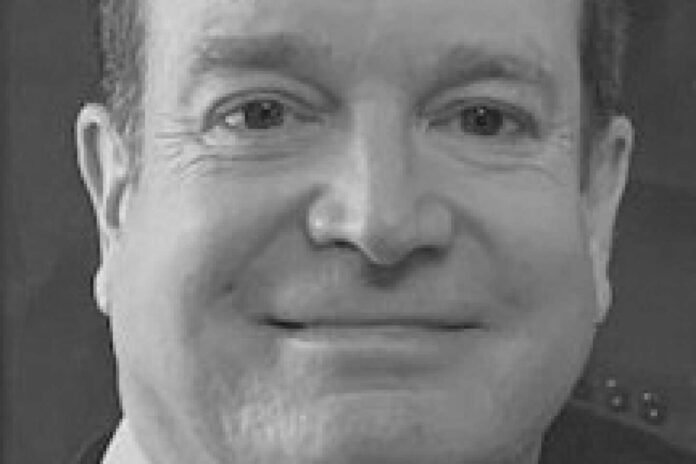A diplomat specializing in the Indo-Pacific, John Hennessey-Niland is the former US Ambassador to Palau (2020-2022), Graduate of the International Cycle of ENA (Class of 2006) and Professor at the School of Bush Public Affairs of the University of Texas.
You served as the United States Ambassador to Palau. This archipelago, like the US possessions and associated territories in the Pacific (Hawaii, Guam and Northern Mariana Islands, the Associated States of Palau, Micronesia and the Marshall Islands) is part of an American unit to counter the influence of China …
Some say that American interest in the region is new and entirely due to China. It is wrong. Historically, we turned towards Asia as early as 1784. That year was called a ship Empress of China traveled from the United States to Mainland China to develop business relationships. In 1844, the United States opened its first Indo-Pacific consulate in Fiji. And in 1853 Commodore Matthew Perry docked in Tokyo Bay [pour ouvrir le Japon au commerce]. These positions were essential in maintaining sea links so that the United States and Asia could trade. The westward movement continued with the annexation of Hawaii in 1898 and culminated with the end of the Spanish-American War and the acquisition of the Philippines and Guam. In the early 1900s, the United States was truly a Pacific nation.
Would you describe this presence as colonization?
As a diplomat, I avoid slogans because they can be derogatory. There was no doubt that there was friction. But the United States replaced colonial powers that were already present after conflicts, Spain in 1898 and then Japan after World War II. I think the role of the United States was more benevolent than, for example, that of Spain. We were a young republic and our interest was above all commercial. We did not send garrisons or have a massive military presence in the Pacific. This was first deployed after the Second World War. Some see it as just another stage of imperialism after the Europeans and the Japanese, but we have rolled out more educational and social programs. It was not altruistic, we wanted to ensure peaceful relations. Of course there were people who were against the American presence and still are.
You have 76.51% of this article left to read. The rest is reserved for subscribers.
